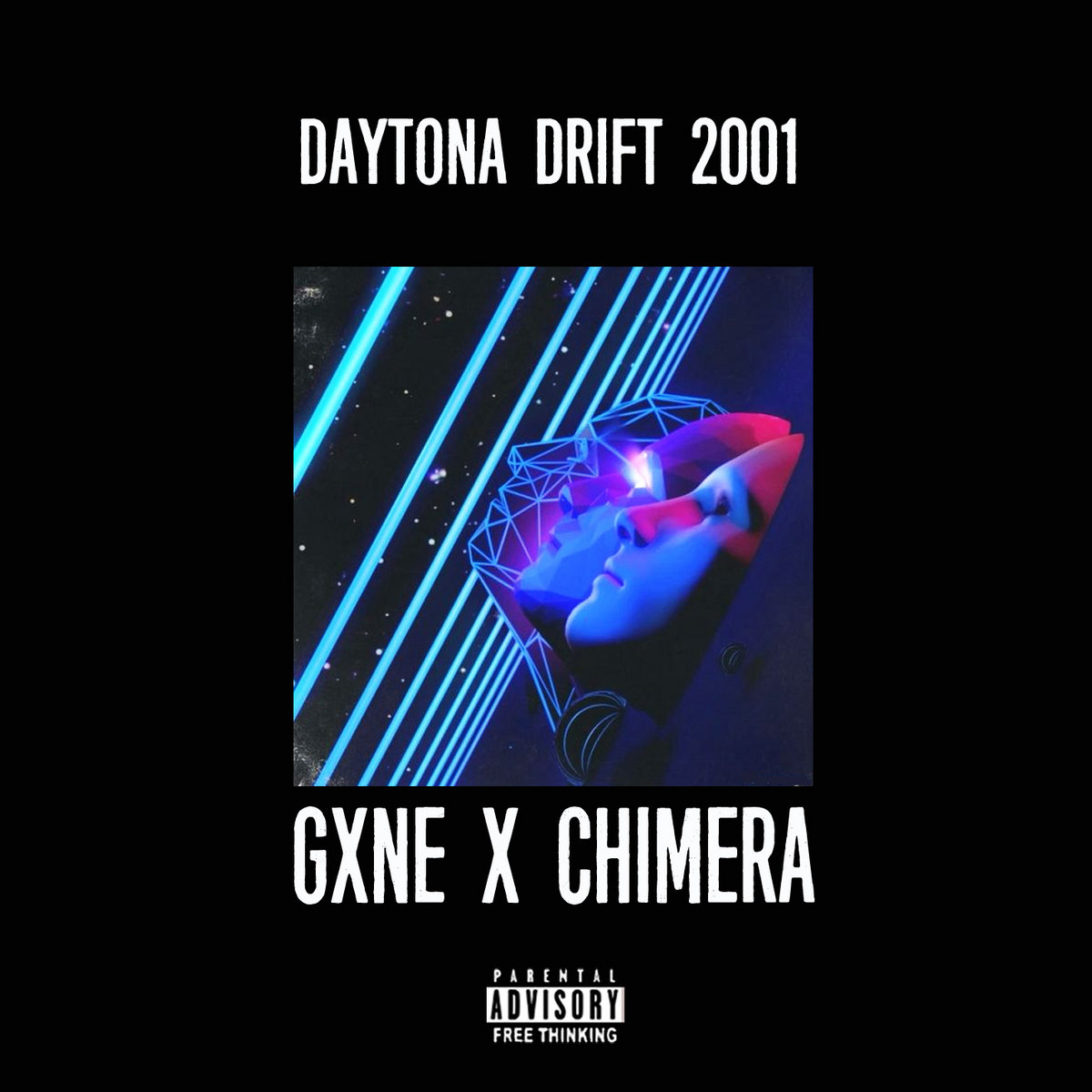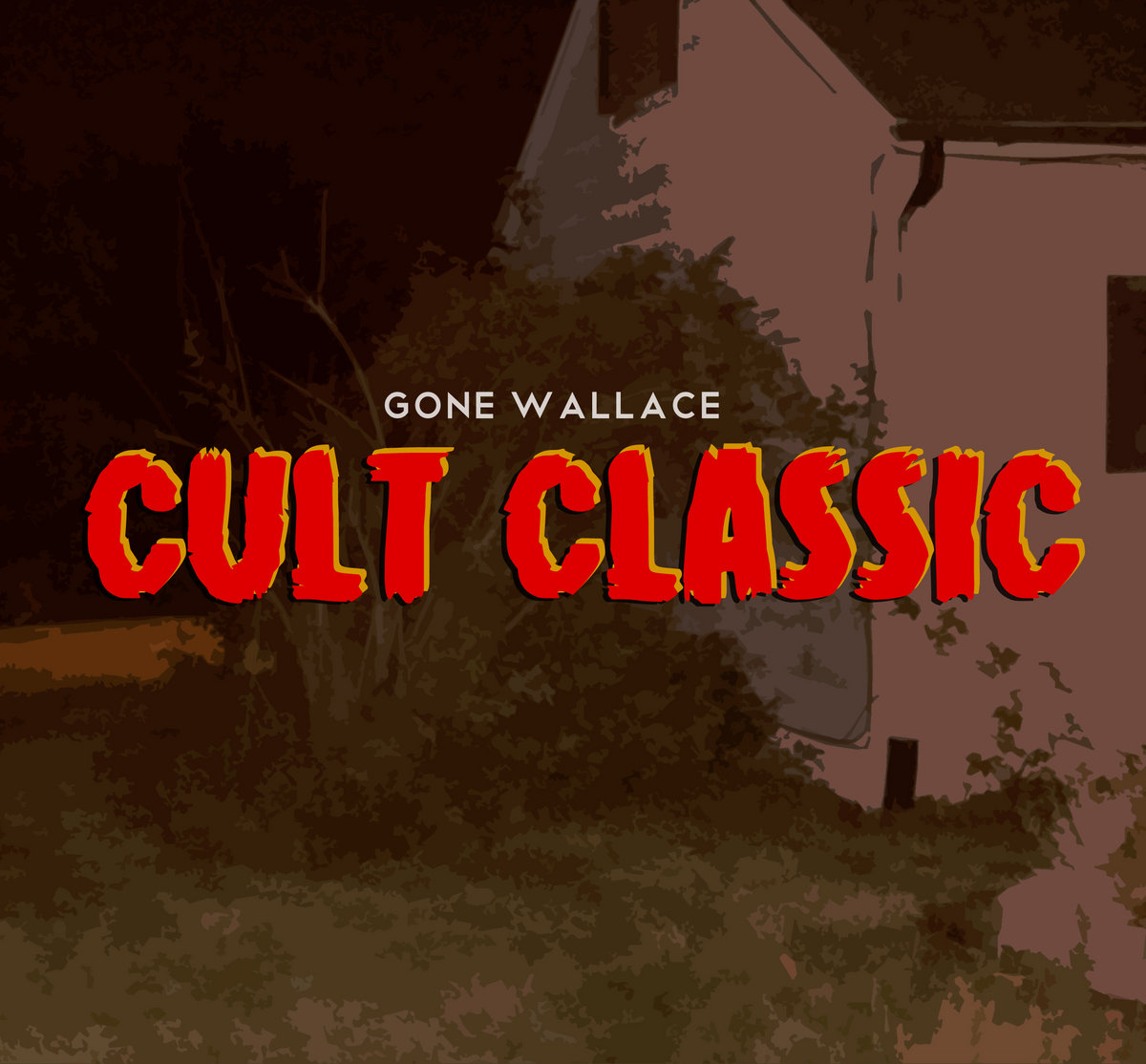Gone Wallace - Exploring Fading Echoes
Sometimes, a single idea can spread out into many different directions, a bit like ripples from a stone dropped into calm water. The idea of something being "gone" is that kind of thought, and it touches on all sorts of feelings and experiences we have, really. It shows up in music that pulls at your heart, in stories that keep you guessing, and even in the quiet moments when you notice something isn't there anymore. This concept, often linked to the name Wallace in various artistic circles, helps us think about what it means for things to disappear, and what kind of impact that leaves behind.
You know, it's almost like the word "gone" itself has a life of its own, shifting its meaning based on where you find it. Whether it's the gentle fading of a melody or the sudden disappearance in a suspenseful plot, the feeling it brings can be quite strong. We often connect it with things that are no longer present, maybe a person who left, a chance that passed, or a memory that seems to slip away. This exploration of what has vanished, especially when we think about someone like Wallace, helps us look at the spaces left behind.
This discussion about "gone wallace" isn't just about sadness or loss, either. It's also about how we remember, how we tell stories, and how art, in its many forms, helps us process these shifts. We'll be looking at how this idea plays out in different creative works, from a solo musical piece that feels deeply personal, to a big screen story that tries to capture the fear of something missing. It's a way to consider how things move out of sight, and what that means for us, actually.
Table of Contents
- Introduction to Gone Wallace
- Who Was Wallace- A Look at a Creative Spirit?
- Wallace- Personal Details and Creative Path
- How Does Music Make Us Feel Things Are Gone?
- What Happens When a Story About Being Gone Misses the Mark?
- Is the Idea of Something Gone Always About Loss?
- The People Behind the Scenes- Shaping What is Gone Wallace
- Final Thoughts on Gone Wallace
Who Was Wallace- A Look at a Creative Spirit?
When we talk about "Wallace" in the context of things being "gone," we're often speaking of a rather elusive figure, a creative mind whose work, in some respects, truly captured the essence of absence and memory. This Wallace, a conceptual artist whose contributions often appeared subtly, focused their efforts on showing how moments and feelings can fade, yet still leave a lasting impression. Their pieces, often installations or ephemeral performances, would explore the quiet spaces where things used to be, inviting viewers to feel the weight of what was no longer present, you know?
This particular Wallace wasn't one for grand statements or seeking a lot of public attention. Instead, their art tended to speak in whispers, drawing attention to the overlooked aspects of disappearance. For instance, one might recall their series of empty chairs placed in public spaces, each with a small, faded photograph of someone who once sat there. The work wasn't about the people themselves, but about the void they left, about the quiet echo of their presence. It was, arguably, a way of making the "gone" feel tangible, even if just for a little while.
Their approach was quite unique, a sort of gentle invitation to contemplate the temporary nature of everything. Wallace’s influence, while not always loudly proclaimed, definitely made an impression on those who followed their creations. It showed people a different way to think about things that aren't there anymore, moving beyond simple sadness to a deeper appreciation of the marks left behind. This focus on the subtle, the almost invisible, truly set Wallace's creative path apart from others, too it's almost.
- Things To Do In Dallas For Couples
- Networth 0083_sentences_0.xml
- The Millstream Inn
- Lauren London And Nipsey Hussle
Wallace- Personal Details and Creative Path
While much of Wallace's personal story remains somewhat private, their artistic journey gives us a pretty good sense of their dedication to themes of absence and transformation. We can gather some general details about this interesting individual, which helps paint a picture of the person behind the thought-provoking art.
| Name Associated With | Wallace (A creative individual or collective) |
| Primary Focus | Conceptual art exploring absence, memory, and the ephemeral |
| Known For | Installations, performance art, and subtle public interventions |
| Artistic Style | Minimalist, evocative, often using everyday objects |
| Themes Explored | Disappearance, the passage of time, echoes of presence, what is "gone wallace" |
| Impact | Influenced contemplative art movements, encouraged reflection on loss and change |
Wallace’s creative path wasn't a straightforward one, as a matter of fact. It involved a lot of quiet observation and a deep consideration of how people experience the world around them. Their pieces often felt like a gentle reminder that even when something is no longer visible, its impression can linger, very, very strongly. This dedication to exploring such profound ideas through simple, yet powerful, means is what made Wallace’s contributions so memorable for many who encountered them.
How Does Music Make Us Feel Things Are Gone?
Music has a truly special way of reaching into our feelings, doesn't it? It can bring back memories or create a sense of something being "gone" even if we can't quite put our finger on why. Take, for instance, a song like "Gone," which was the first solo offering from Blackpink member Rosé. This piece, it's almost, really showed a gentle, flowing side of her singing, and it truly brought out the strength of her heartfelt voice. The way she delivered the notes, the feeling in her sound, it all worked together to make you feel a sense of longing or quiet reflection.
A musical piece like this, you know, doesn't just tell you something is "gone"; it helps you experience that feeling. The way the notes move, the rhythm, the choice of instruments – these elements combine to create an atmosphere. In Rosé’s case, the softness of her voice, paired with the way the song was put together by YG Entertainment, made for a listening experience that felt very personal, almost like a quiet thought. It’s a good example of how sounds can carry the weight of absence, or the memory of something that has passed, in a way.
This particular song, provided to YouTube by YG Entertainment, shows how a singer's unique sound can really make a difference in how a message is received. Rosé’s ability to put so much feeling into her singing meant that the idea of "gone" in her song felt less like a simple statement and more like a shared experience. It’s a testament to how vocal skill can transform words into something that genuinely moves people, making them feel the quiet echo of something that has departed, so.
What Happens When a Story About Being Gone Misses the Mark?
Stories about things being "gone" can be very compelling, especially when they involve a mystery or a missing person. But what happens when a film, even with a promising idea, doesn't quite hit the right notes with its audience or critics? Consider the 2012 American suspense film titled "Gone." This movie, written by Allison Burnett and directed by Heitor Dhalia, had Amanda Seyfried as its main performer, and it aimed to keep viewers on the edge of their seats, you know?
Despite its intentions, this particular film received quite a few unfavorable comments from those who reviewed it, and it didn't do very well at the ticket booth, either. It’s a good example of how even a story with a strong idea about someone being "gone" – in this case, a character trying to find a missing person – can sometimes struggle to connect. The cast included people like Leven Rambin, Danny Pino, Andy Mientus, and Chris Noth, and the story was based on ideas from Chelsea Cain, but still, it just didn't seem to click with the wider public, that is that.
The reception of "Gone" the film makes you think about how difficult it can be to tell a story about something missing in a way that truly resonates. Sometimes, even with a talented cast and a suspenseful setup, the way the story is told or the overall feeling it creates just doesn't land right. It shows that making an audience feel the tension or the emotional weight of something being "gone" on screen is a very delicate art, and it doesn't always work out as planned, apparently.
Is the Idea of Something Gone Always About Loss?
When we hear the word "gone," our minds often jump straight to ideas of loss or something being ruined, and that's definitely one way to think about it. The basic meaning of "gone" does include being lost or ruined, and we use it in sentences to describe things that are no longer present, like "the bus is gone" or "my keys are gone." But is that the whole story, really? Is the idea of something being "gone" always tied to a negative feeling, or can it be something else?
Sometimes, something being "gone" can simply mean a change of state, or a transition. For example, when the sun is "gone" from the sky, it's not ruined; it's simply set, making way for the moon and stars. When a problem is "gone," it's a relief, not a loss. So, while the immediate thought might be about something sad or unfortunate, the word itself has a broader reach. It can describe an absence that brings peace, or a departure that opens up new possibilities, too it's almost.
Thinking about "gone" in this wider sense helps us see that its impact can be quite varied. It's not just about what's missing, but also about what remains, or what comes next. The very act of something being "gone" can create space for something new to appear, or it can simply mark the end of one phase before another begins. So, while loss is a big part of what "gone" can mean, it's not the only meaning, by the way. It's a word with many layers, reflecting the many different ways things can shift out of our immediate experience.
The People Behind the Scenes- Shaping What is Gone Wallace
The creation of any artistic work, especially those that touch on themes like things being "gone," involves a lot of people working together, you know? The ideas don't just appear out of nowhere. For instance, the song "Gone" by Rosé was provided to YouTube by YG Entertainment, which tells us about the music company behind its release. This kind of work is a team effort, with many hands shaping the final product, truly.
When we think about the film "Gone," it was written by Allison Burnett and directed by Heitor Dhalia. The performances came from actors like Amanda Seyfried, Leven Rambin, Danny Pino, Andy Mientus, and Chris Noth. The story itself had roots in the work of Chelsea Cain. All these individuals played a part in bringing that specific narrative of disappearance to the screen. It shows how many different creative minds contribute to telling a story, even if the end result isn't universally loved, actually.
And then there are those who create things that aren't necessarily music or film, but still explore similar ideas. The source text also mentions Michael Bennett, Yvonne Donohoe, Anna McPartlin, and Karl Zohrab as creators. While their specific project isn't detailed, their involvement suggests a broader interest in making things that explore different aspects of life, perhaps even themes related to things being "gone." It highlights the collaborative spirit that often exists in the creative world, where many individuals come together to shape ideas and experiences, basically.
Final Thoughts on Gone Wallace
Our look at "gone wallace" has taken us through several interesting ideas, from the quiet power of a solo song to the complexities of a suspense film, and even the broader meanings of a simple word. We considered how a conceptual artist named Wallace might approach themes of absence and memory, using their work to make us feel the weight of what's no longer present. We saw how Rosé’s song "Gone" used her heartfelt voice to create a feeling of something missing, and how the film "Gone," despite its cast and premise, struggled to connect with its audience. We also thought about how the word "gone" itself holds more than just meanings of loss, often pointing to change and new beginnings. All these different examples show how the idea of something being "gone" is a very rich and varied one, touching many parts of our experience and the art we create.
Article Recommendations
- Oxford Athletic Club Wexford
- Selenophile Meaning
- Elawa Farm
- Liberty Warehouse Brooklyn
- The Deck Miami



Detail Author:
- Name : Joyce Leuschke
- Username : muriel45
- Email : marvin33@yahoo.com
- Birthdate : 2001-08-31
- Address : 9952 Gianni Bridge Gisselleborough, DE 25437-4646
- Phone : (502) 841-4654
- Company : Hyatt LLC
- Job : Medical Technician
- Bio : Ut dolores sint amet et inventore. Laboriosam quasi eaque consequatur quaerat a. Aperiam voluptatem et nulla.
Socials
twitter:
- url : https://twitter.com/heller1994
- username : heller1994
- bio : At occaecati eum quis ut enim sint aut. Tempore reiciendis et quas nihil omnis cupiditate nostrum. Accusamus quibusdam nobis ut minus deserunt dolores nihil.
- followers : 1550
- following : 2611
linkedin:
- url : https://linkedin.com/in/hellert
- username : hellert
- bio : Neque dicta et omnis id non est dolores.
- followers : 3272
- following : 234
facebook:
- url : https://facebook.com/tracyheller
- username : tracyheller
- bio : Nihil repudiandae voluptatibus tenetur enim possimus mollitia eligendi.
- followers : 5670
- following : 108
instagram:
- url : https://instagram.com/tracy6293
- username : tracy6293
- bio : Omnis soluta dolorem deleniti pariatur maiores totam. Commodi minus repellat fuga facilis.
- followers : 4568
- following : 236